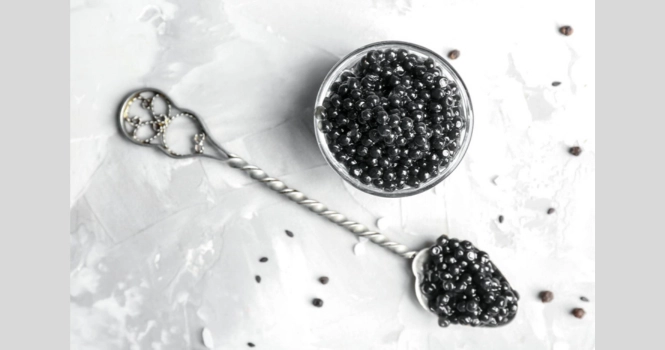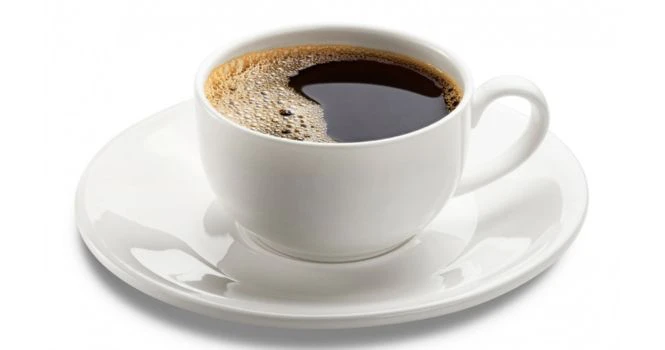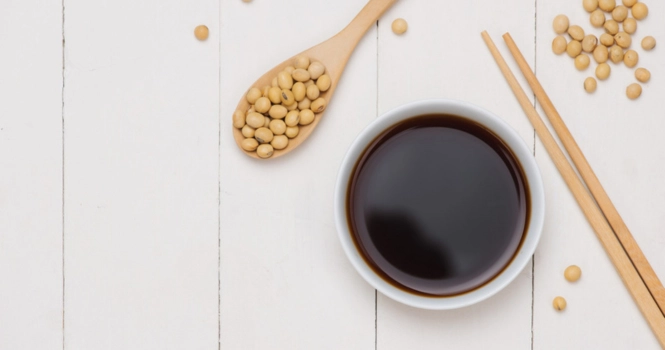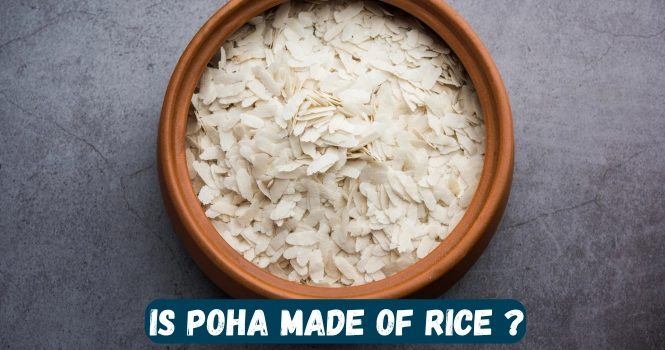Unveiling the True Calorie Count in Milk Tea: A Detailed Analysis
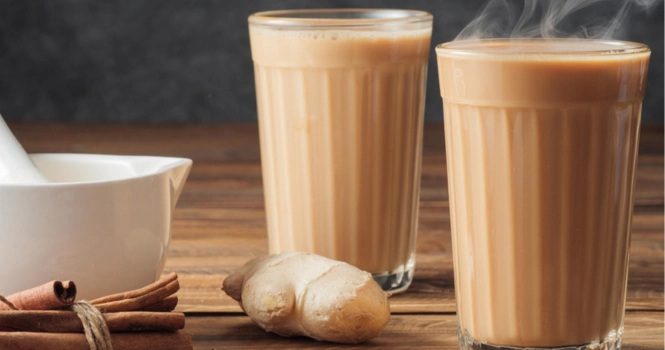
Milk tea, a beloved beverage enjoyed globally, blends the robust flavors of tea with the creamy richness of milk.
Originating in various cultures, it has become a staple in many countries, each adding its unique twist. Popular variations include the classic British milky tea, the spiced Indian Chai, and the trendy Taiwanese bubble tea.
Its widespread appeal lies in its versatility – served hot or cold, sweetened or unsweetened, with a variety of tea bases and additions like tapioca pearls or jelly.
Understanding the calorie content of milk tea is crucial, especially in a health-conscious society. The calorie count can vary significantly based on factors like the type of milk used (full-fat, skim, plant-based), the addition of sweeteners (sugar, honey, syrup), and any extra toppings or flavors.
This knowledge enables consumers to make informed choices aligning with their dietary needs and preferences, whether they’re monitoring calorie intake for weight management or simply seeking a healthier lifestyle.
What is Milk Tea?
Definition and Key Ingredients
Milk tea is a beverage that combines brewed tea with milk, creating a smooth, creamy, and flavorful drink. The basic ingredients typically include:
- Tea: The type of tea used can vary widely, from black tea, which is common in many regions, to green, oolong, or even herbal teas.
- Milk: This can range from whole milk to skim milk, or non-dairy alternatives like almond, soy, or oat milk.
- Sweeteners: Many milk tea recipes include sweeteners like sugar, honey, or syrup to enhance the flavor.
Variations Across Cultures
Milk tea has diverse cultural interpretations, each offering a unique take on this beloved beverage:
- British Milk Tea: A classic in the UK, traditionally made with black tea such as Earl Grey or Assam, often sweetened with sugar and served with a splash of milk.
- Indian Chai: A rich, spiced version known as masala chai, blending black tea with spices like cardamom, cinnamon, ginger, and clove, often sweetened with sugar and made creamy with milk.
- Taiwanese Bubble Tea: A modern twist originating from Taiwan, this version includes tapioca pearls (‘bubbles’) and can be made with a variety of teas, sweetened and mixed with milk or fruit flavors.
- Hong Kong-Style Milk Tea: Known as ‘pantyhose’ tea, it’s made with a blend of several types of black tea, strained through a fine net resembling pantyhose, and mixed with evaporated or condensed milk.
- Japanese Matcha Latte: A fusion style that combines traditional Japanese matcha (a powdered green tea) with milk and sugar, offering a rich, creamy texture and unique flavor.
Each variation reflects its cultural background, using local tea varieties and ingredients, and has contributed to the global popularity of milk tea. If you’re curious about other unconventional tea varieties beyond milk tea, don’t miss our deep dive into liquor tea and its unique benefits.
Whether enjoyed as a warm, comforting drink or a cold, refreshing treat, milk tea’s versatility and delightful flavor profile have secured its place as a favorite in many cultures around the world.
Nutritional Profile
Nutrition Facts of Milk Tea: What You Need to Know
Milk tea varies significantly in its nutritional profile based on its ingredients. However, a typical cup of milk tea (approximately 240 ml) generally contains:
| Nutrient | Content in Milk Tea |
| Calories | Ranges widely, 100-150 calories per cup without sugar; higher with sweeteners/toppings |
| Carbohydrates | About 12-20 grams, primarily from sugar and milk |
| Proteins | About 1-8 grams, depending on the type of milk used |
| Fats | Varies with milk choice; nearly fat-free in skim milk to higher in whole milk |
| Sugars | Low in unsweetened versions; higher in sweetened versions, especially with syrups or condensed milk |
Milk Tea Calories: A Breakdown
Understanding the calorie breakdown of milk tea is important for health-conscious individuals:
1. Calories in Milk Tea Without Sugar: A cup of milk tea without added sugar typically contains fewer calories, making it a preferable option for those monitoring their calorie intake.
2. Calories in Milk Tea With Sugar: The addition of sugar increases the calorie count, which can vary based on the amount and type of sweetener used.
3. One Cup Milk Tea Calories: A standard cup can vary in calorie content from as low as 100 calories to over 300 calories for versions with added sweeteners and toppings like tapioca pearls.
Calories and ‘Kcal’, both are used interchangeably, Kcal refers to kilocalories, the standard unit for measuring energy in food. The kcal content in milk tea is a crucial consideration for those tracking their daily energy intake.
Calories in Types of Milk Tea
Tea Calories with Milk: The Impact of Adding Milk
The type of milk used in tea significantly affects the calorie content:
- Skim Milk: Adds minimal calories, making it a lower-calorie option.
- Whole Milk: Increases calorie content due to higher fat content. A cup of tea with whole milk can have significantly more calories than one with skim milk.
- Plant-Based Milks: Varieties like almond, soy, or oat milk can alter the calorie content and nutritional profile. Generally, unsweetened plant-based milks have fewer calories than whole milk but more than skim milk.
Sugar and Its Role
Sugar in Tea Calories: A Closer Look
Sugar plays a significant role in determining the calorie content of milk tea. When sugar is added to tea:
- Caloric Increase: Each teaspoon of sugar (approximately 4 grams) adds about 16 calories. The more sugar added, the higher the calorie count.
- Impact on Blood Sugar: Besides adding calories, sugar can cause spikes in blood sugar levels, which is a consideration for those with diabetes or those monitoring their glycemic intake.
- Sweetness Preference: The amount of sugar varies based on personal taste. A typical serving might include one to two teaspoons, but some prefer more, which can substantially increase the calorie content.
Calories in Tea with Sugar Versus Without Sugar
Comparing the calorie content of milk tea with and without sugar reveals significant differences:
- Milk Tea Without Sugar: Contains only the calories from the tea itself and the milk used. For instance, a cup of tea with skim milk may have around 30-50 calories.
- Milk Tea With Sugar: Adding sugar increases the calorie count. For example, adding two teaspoons of sugar to the same cup of tea might bring the total calories to approximately 70-100.
- Alternative Sweeteners: For those looking to reduce calorie intake, alternative sweeteners like stevia, erythritol, or sucralose can provide sweetness without the added calories. However, the taste and health impacts can vary.
Serving Sizes and Calorie Count
Calories in 1 Cup of Milk Tea
The calorie content in one cup of milk tea can vary significantly based on the ingredients used:
- Standard Serving Size: Generally, one cup of milk tea is considered to be about 240 ml (8 ounces).
- With Skim Milk: A cup of milk tea made with skim milk and without sugar can contain around 30-50 calories.
- With Whole Milk: Using whole milk and a teaspoon of sugar, the calorie count can rise to between 70-120 calories per cup.
- Additional Ingredients: Extras like flavored syrups, cream, or tapioca pearls can add more calories, sometimes pushing a cup of milk tea to over 200 calories.
How Much Calories in One Cup of Tea: Understanding Serving Sizes
Understanding the calorie content in various serving sizes of tea is crucial for dietary management:
- Tea Without Milk or Sugar: A plain cup of brewed tea without any additions is virtually calorie-free, typically containing less than 5 calories.
- Tea with Milk and Without Sugar: Depending on the type of milk used, a cup can range from 30 to 70 calories.
- Tea with Milk and Sugar: The addition of sugar increases the calorie count. For instance, a cup of tea with whole milk and two teaspoons of sugar can contain about 100-150 calories.
- Larger Serving Sizes: It’s also important to consider the size of the serving; a large mug or a tall takeaway cup can hold significantly more than the standard 240 ml, potentially doubling the calorie content.
Low-Calorie Alternatives
Tea Without Sugar Calories: A Healthier Choice?
For those looking to enjoy milk tea while keeping calorie intake in check, opting for tea without added sugar is a healthier choice:
- Calorie Reduction: Eliminating sugar can significantly reduce the calorie content of the beverage. For instance, a cup of tea with milk and no sugar can contain as little as 30-50 calories, depending on the type of milk used.
- Natural Sweetness: To compensate for the lack of sugar, consider using naturally sweet teas like certain herbal blends or adding a cinnamon stick or vanilla extract for flavor without the extra calories.
- Artificial Sweeteners: Another option is to use zero-calorie sweeteners. However, it’s important to choose sweeteners wisely, as some may have health implications or affect the taste.
Calories in Tea with Milk and No Sugar: A Diet-Friendly Option
Tea with milk and no added sugar can be an excellent option for those on a diet:
- Low Calorie: By just using milk, especially low-fat or plant-based options like almond or soy milk, the calorie count remains low while still providing the creamy texture and flavor that milk tea lovers enjoy.
- Nutritional Benefits: Milk adds nutritional value to the tea, including calcium and protein, without the added calories from sugar.
- Satiety Factor: The protein in the milk can also help in feeling fuller for longer, which can be beneficial for those watching their weight.
Frequently Asked Questions
How many calories are there in a milk tea?
The calorie content in a typical milk tea can vary widely based on the ingredients used. A standard cup (about 240 ml) of milk tea with whole milk and a teaspoon of sugar can contain approximately 100-150 calories.
If additional ingredients like sweetened condensed milk, flavored syrups, or toppings such as tapioca pearls are added, the calorie count can increase significantly, sometimes up to 200-300 calories per serving.
How many calories are in an everyday milk tea?
An everyday milk tea, which typically includes a moderate amount of milk and a standard serving of sugar (about one to two teaspoons), can contain around 100-150 calories per 240 ml cup. This estimate can vary based on personal preferences for sweetness and the type of milk used.
How many calories in 250 mL of tea with milk and sugar?
In 250 mL of tea with milk and sugar, the calorie count would be slightly higher than in a standard 240 mL cup. Assuming the use of whole milk and about two teaspoons of sugar, it could be around 110-160 calories. This estimate can vary based on the exact amount of milk and sugar used.
Calories in milk tea without sugar
Milk tea without added sugar primarily contains calories from the milk. Therefore:
- With skim milk: It may have around 30-50 calories per 240 ml cup.
- With whole milk: The calorie count might be around 60-80 calories per 240 ml cup.
- With plant-based milk: The calorie content will depend on the specific type of milk but generally falls between the range for skim and whole milk.
1 Cup Tea Calories with Sugar
A single cup of tea with sugar (240 ml), without milk, typically contains:
- Black Tea with Sugar: Around 16-32 calories, based on one to two teaspoons of sugar.
Calories in 200 ml Tea with Milk and Sugar
For a 200 ml serving of tea with milk and sugar:
- Approximate Calories: Likely around 80-120 calories, depending on the type of milk and the amount of sugar used.
100 ml Milk Tea Calories
In a smaller 100 ml serving of milk tea:
Calorie Estimate: Roughly 40-70 calories, considering standard proportions of milk and sugar.
Calories in 1 Cup Chai (with Milk and Sugar)
A typical cup of chai (240 ml), which includes spices, milk, and sugar:
Caloric Content: Can range from 120-180 calories, largely depending on the use of whole milk and the quantity of sugar.
Milk Tea Nutrition Facts
Milk tea, in a standard 240 ml cup with whole milk and sugar:
Calories: Around 100-150 calories.
Carbohydrates: Approximately 12-20 grams, mostly from sugar.
Proteins: Ranges from 1-8 grams, based on the type of milk.
Fats: Varies with milk choice, higher in whole milk.
1 Cup Tea Calories Without Sugar
A cup of tea (240 ml) with milk but without sugar:
Skim Milk: About 30-50 calories.
Whole Milk: Approximately 60-80 calories.
Plant-Based Milk (Unsweetened): Generally falls between the calorie range of skim and whole milk.



